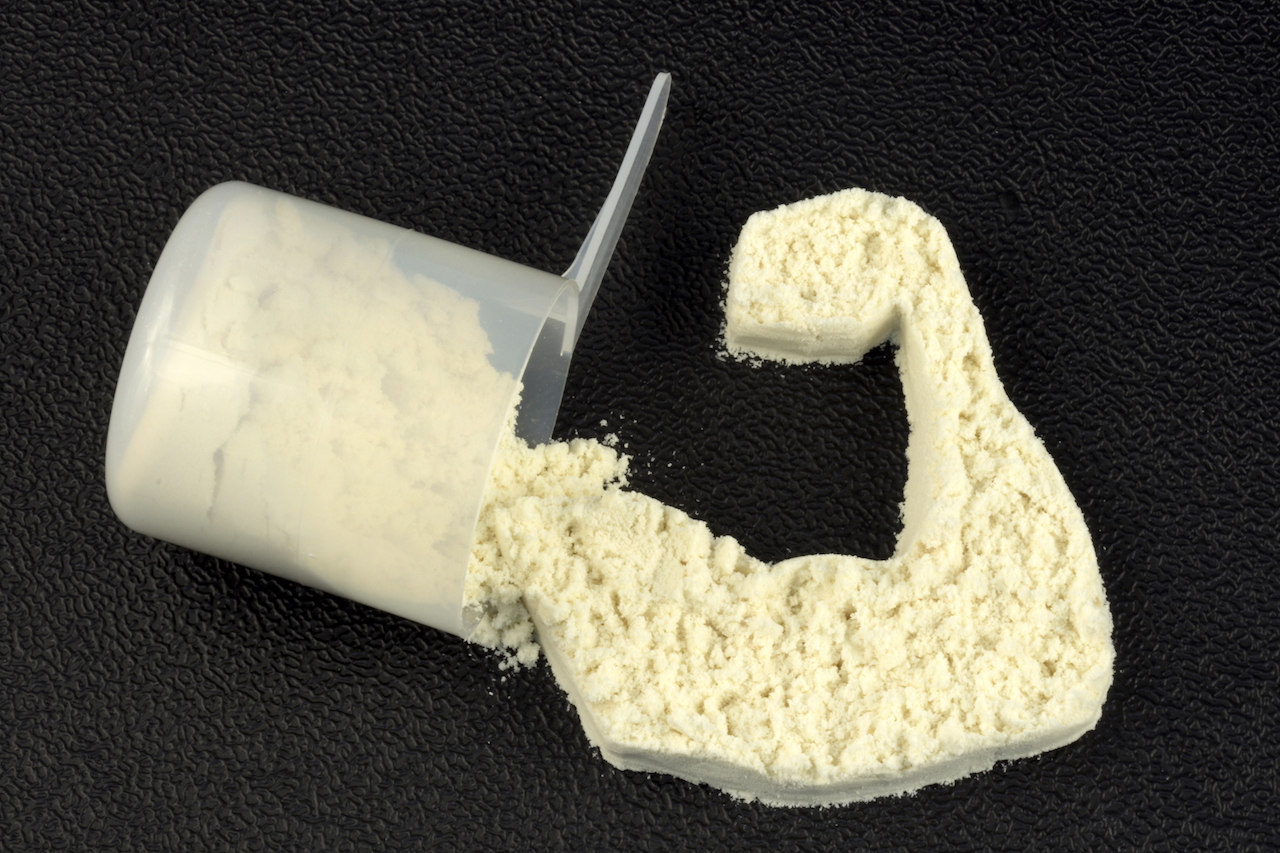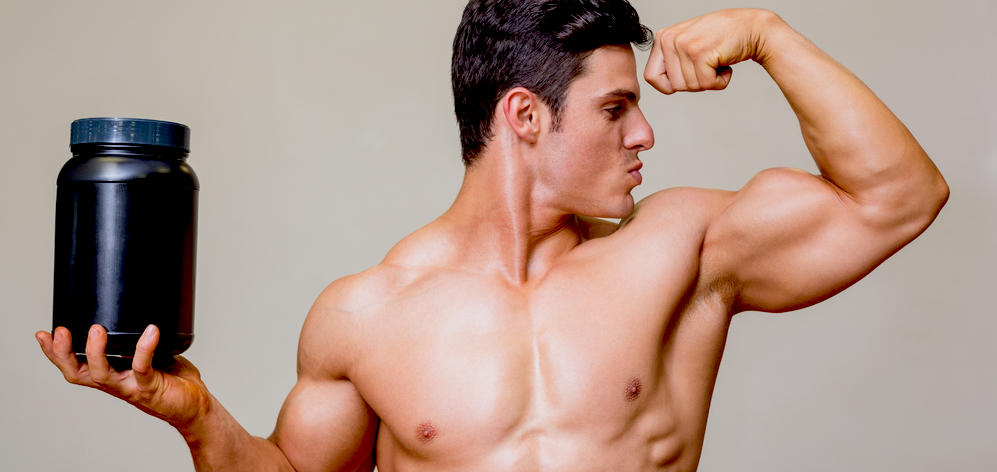There’s no mystery as to why bodybuilders and gym fanatics gulp down protein shakes. Protein is a macronutrient that helps your body to build, repair and heal muscle tears caused by the intense contractions of muscles during a workout.
Solid foods like seafood, milk, cheese, chicken and eggs are good sources of protein but it takes more time to digest than protein powder which absorbs into your muscles faster. These powders are great for after your workout when you have to heal muscle tears quickly.
The bad news though, is that in large amounts, protein powder may harm your kidneys.
Your kidneys are instrumental in helping your body remove waste created during protein synthesis. Due to the excess amount of protein you ingest with protein powder, you may be overworking your kidneys, causing strain and damage.
Pick your protein
There are different types of protein powder. These include whey, casein (milk protein), egg white protein, beef protein and plant protein (soy, rice and pea). Whey protein powder is popular as it’s friendlier on your wallet, tastes decent and is good for your immune system. Casein protein powder is similar to whey in taste but it absorbs slowly and steadily into the digestive system, while whey absorbs quickly.
Egg white protein powder is low in fat and carbs, cholesterol-free and a good choice if you’re lactose-intolerant or just want to avoid dairy. Plant protein powders are rich in vitamins and minerals, as well as fibre. This is a great option for vegans or vegetarians, and lactose-intolerant people.
Despite its name, beef protein powder doesn’t taste like beef and it comes in different flavours. If you’re an athlete or bodybuilder, this protein powder is a good option. It contains creatine which is found naturally in your muscle cells to help produce energy during heavy lifting.
Enough is enough
Protein powder on its own isn’t bad for your kidneys, but more than your daily requirement constantly is what will do harm. Athletes, those who do strength training and protein-deficient people, would be able to burn the extra protein from protein powder.
There are no major studies linking kidney health and protein powder. People who aren’t doing physical training or have pre-existing kidney diseases are most in danger of harming their kidneys by having protein powder after every workout.
Daily dosages
- The daily amount of protein allowed for people with minimal physical activity is 0.3g of protein per half a kg of your body weight.
- Athletes or those doing strength training would need extra protein and should have at least 0.7 to 0.8g of protein per half a kg of their body weight.
- Tracking your daily intake of protein will help you stay in a healthy range. It’s important to track both food sources and protein supplements.
- Women need 46g of protein per day and men need 56g.
Make a swap
Although protein powder is an easy route to pump up your body after a workout when blended in a shake, there are other healthier ways to give yourself a boost.
Banana, peanut butter and oat smoothie
Bananas offer carbohydrates which help to increase the glucose sugars in your body and help your muscles to grow. Peanut butter has good fats that will help your joints recover after a gym session. Blend a medium-sized banana, milk, a tablespoon of peanut butter and some rolled oats. This offers 15 to 30g of protein.
Cottage cheese
High in casein (gives your body slow digesting protein); cottage cheese is a bodybuilding staple. It’s perfect as a snack after your workout as it’s low in fat and won’t spike your blood sugars. Better yet, it can be eaten on its own and it offers 11g of protein per 100g of cheese.
Mixed nuts
Two handfuls (100g) are packed with 20g of protein and vitamins. It’s a great option if you’re on a high-fat and low-carb diet and it’s convenient to carry around with you when you’re on the go. Choose an unsalted mixed bag of peanuts, Brazil nuts, cashews and walnuts and you’ll be ready to munch.
References:
- https://www.livestrong.com/article/493155-is-protein-powder-bad-for-your-liver-or-kidneys/
- https://www.webmd.com/fitness-exercise/guide/good-protein-sources
- https://www.healthline.com/nutrition/how-much-protein-per-day#section2
- https://www.google.co.za/search?q=healthy+protein+powder+alternatives&oq=protein+powder+healthy+al&aqs=chrome.2.69i57j0l2.13470j0j4&sourceid=chrome&ie=UTF-8


